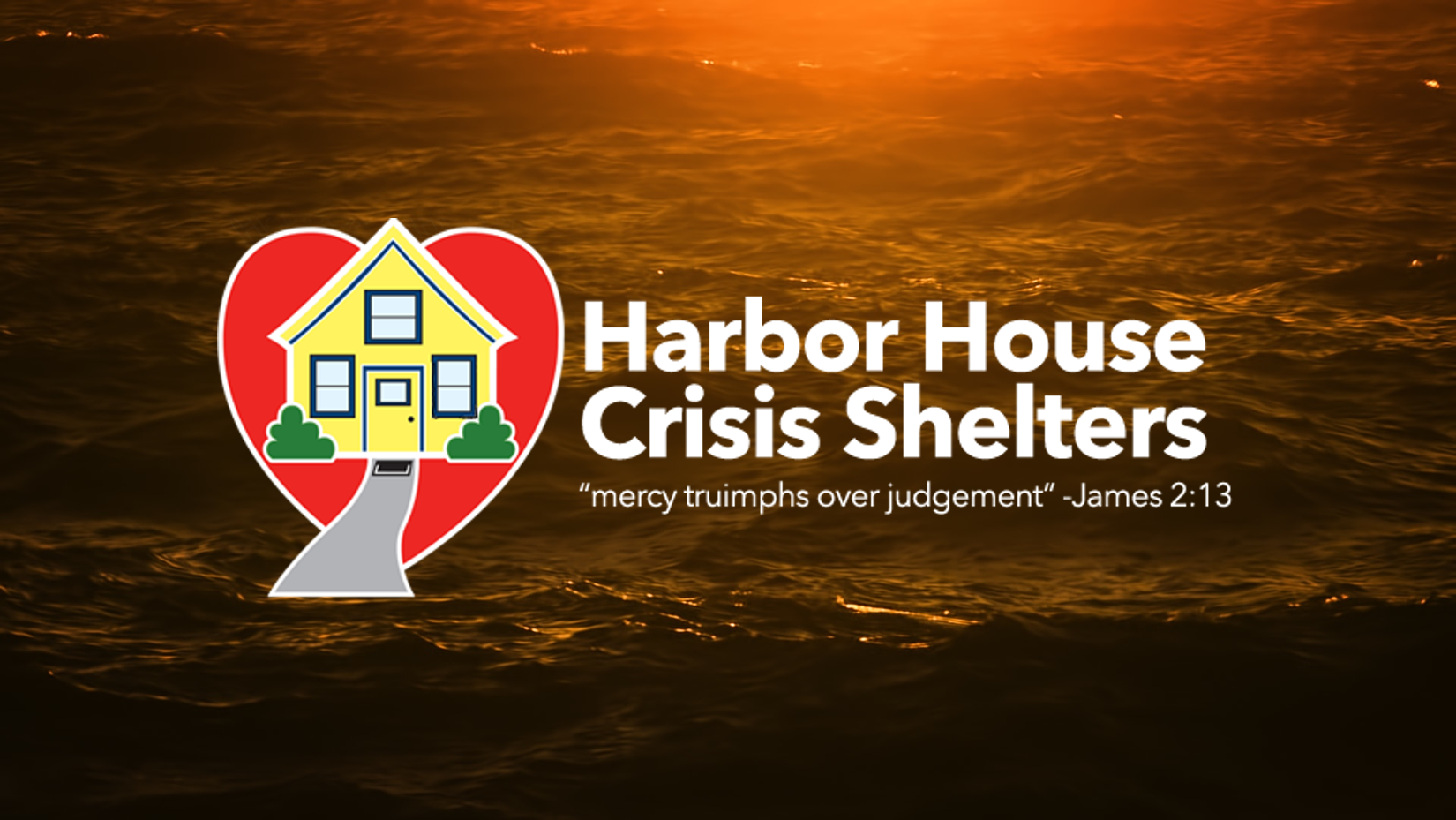Founded by the Rev. Barb Certa-Werner, Harbor House Crisis Shelters (HHCS) has been a ministry of Faith United Methodist Church since 2001. From its founding, it has served the homeless single women and families of Superior and has continued to live out its mission. Its mission is to provide hospitable shelter, transitional living, and services for homeless women and families. Our goal is to assist our guests in attaining services and housing.
Harbor House’s Services
Harbor House Crisis Shelters provide emergency shelter for thirty (30) days. Each family will have their own secure room. Single women will be in a dormitory-style room with an available secure locker space.
Bedding, toiletries, diapers, towels, clothing and non-perishable foods are available.
Case Worker Goals (priority determined through assessment)
- Increase income via financial assistance, employment, child support, etc.
- Budgeting process, even if there is little to no income. Budgeting is a needed skill.
- Housing Counseling includes credit problems, evictions, and finding a place.
- Mental Health/AODA/Physical Disabilities assessment referrals.
- Referrals to other housing programs.
- Nutrition and parenting education.
- Prevention of further incidence of homelessness.
Transitional Living Center
Transitional Living Center is an extension of Harbor House Crisis Shelters, emergency homeless shelters for single women and families in Superior, Wisconsin. The Transitional Living Program, located in Superior, Wisconsin, is for homeless families that need more extensive assistance in attaining permanent housing. The Transitional Living Program offers affordable housing while education, advocacy and empowerment are provided through case management.
Harbor House Crisis Shelters’ expertise and vast experience have led to the development of case management that addresses barriers to attaining permanent housing that homeless families and single women face. These barriers include:
- poor credit;
- prior eviction/poor rental history;
- unpaid fines;
- mental illness/disability; and
- lack of education/employment.
While these barriers seem daunting, these can be addressed given the needed time, expertise and resources for these families and single women. Harbor House Crisis Shelters’ Transitional Living Program addresses these barriers through weekly case meetings, weekly educational resident meetings, accountability, and support for the families and single women.
Weekly meetings help with accountability, direction, and further goal setting. These meetings also are utilized for community referrals and additional resources.
For more information, visit their website at http://www.harborhousecs.org/

